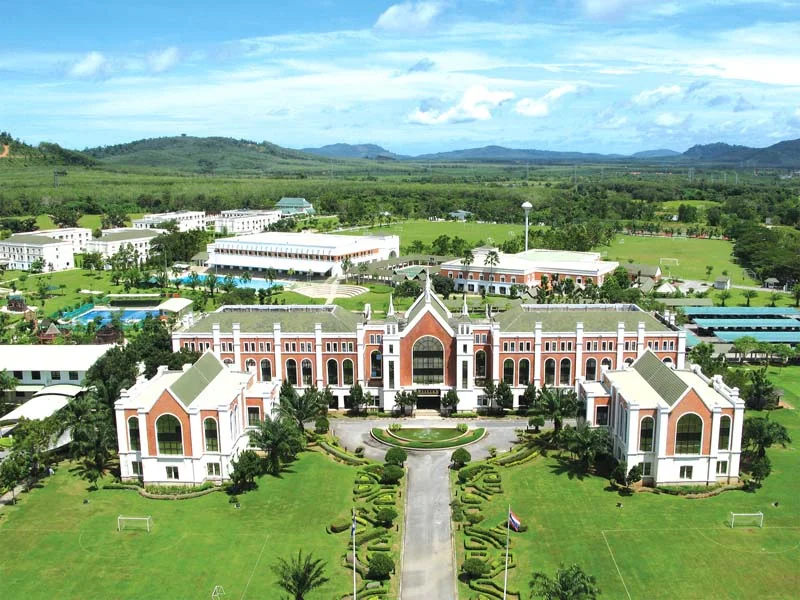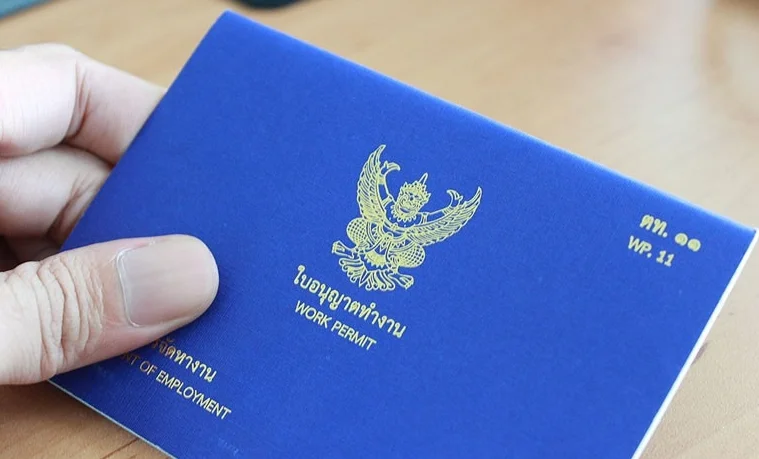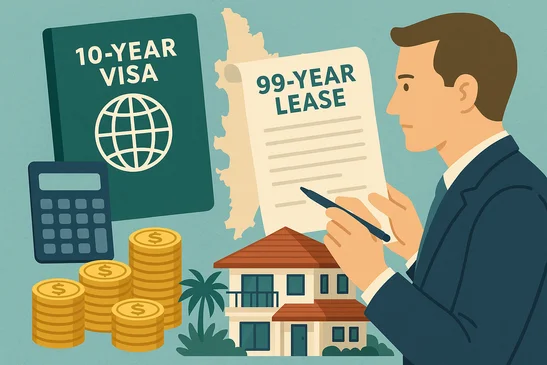It’s easy to disappear on a tropical island and forget the rest of the outside world. Ok, so maybe not as easy as it was before the internet, but you get the point. However, in modern times there are several reasons why it may be in your best interest to stay tethered to your home country in one way or another. You may not even have a choice depending where you’re from – big brother is always watching. In all seriousness, a little foresight and planning can go a long way in helping to avoid problems and hassle in the future.

Taxes | Cr stevepb
One topic that everyone would most likely prefer to not to have to think about is taxes. Some long-dead American once said that there are only two things guaranteed in life: death and taxes. Grim, but true. It is important to understand what your tax liabilities are ahead of time. This is one case where it is not easier to ask forgiveness than permission. Many countries have laws that save you from being double taxed. For example, if you have a business in Thailand and live here for more than half the year, it is likely that you will pay most, if not all, of your income tax in Thailand. However, there are many contingencies involved and if in doubt, you should consult with a tax advisor experienced in international or expat tax rules.
While we’re on the exciting subject of taxes, you probably still have to file taxes in your home country every year. It might come as a shock, but your government wants as much of your money as they can get ahold of. On the other hand, if you’re in a situation where perhaps you make under a certain amount of money per year where you might not have to pay taxes in your home country, you may still be able to reap the benefits of a tax paying citizen. This could be in the form of healthcare, retirement benefits, or other things that may help your kids if you have any.

International School Cr: www.paulpoole.co.th
Speaking of kids, supposedly they also require some sort of planning ahead for. If you have young children, one of the most important considerations is their education. This is often a significant stumbling block for expats wishing to stay in Phuket for the long run. To put it bluntly, the public education system in Thailand is pretty bad. Most Thai families who have the means pay for extra curriculums for their kids whether it’s English language programs or extensive tutoring. There are many schools in Phuket with international curriculums with some being more affordable than others, but in general they are a bit expensive. With 2-3 kids you would need an income far above average to be able to afford a mid-tier international school.

Visas | Cr: thaivisacenter
Visas are, of course, an ongoing issue for many. It’s not uncommon to meet expats who have been living here for 20 years on a tourist visa and just keep doing visa runs. Immigration has cracked down a bit on this leniency, especially after the military coup in 2014. If you start a business here and open a company limited, then you will have a non-b visa and work permit and you’re all set. If you close that company (which is a three-year process by the way), then you will need an alternative. Although often not the most legitimate path, many remain here for a few years on education visas with the presumption of learning Thai or other languages, or learning Muay Thai. Then there is the marriage visa which is obtainable after you fall in love with that Thai man/lady/other. To maintain a Thai marriage visa you will either have to prove that you have an income over a certain amount, depending on what country you’re from, or have a bank balance over 400,000 baht for two months prior to applying for the visa or extension.



















